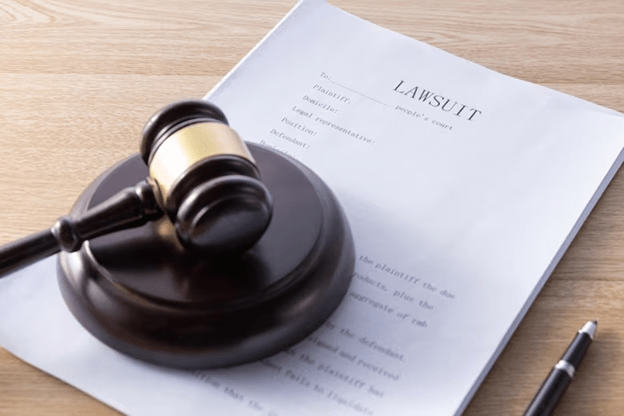Intellectual property laws aim to protect creators and innovators by giving them certain exclusive rights over their works and inventions. However, sometimes these laws lead people down unusual paths in attempts to defend their ideas. Here are five bizarre stories of IP legal battles.
The Smiling Face Emoji
In 2017, a Brooklyn-based company called Leonid Mezhvinsky Corp. sued Apple Inc. for allegedly infringing on their trademark for a smiling face emoji. They claimed to have patented a smiling emoji as early as 2001, predating Apple’s similar looking emoji. While emoticons have been around since the early internet days, companies only recently started trying to trademark common ones. This case questioned whether extremely simple and ubiquitous symbols can reasonably belong to a single brand. It was eventually dismissed after the plaintiff failed to sufficiently demonstrate prior use, but shows how even basic emojis can prompt disputes.
Mickey Mouse Copyright
The world-famous Disney cartoon character Mickey Mouse first appeared in 1928 as the star of the animated film Steamboat Willie. Under a previous copyright law, his earliest cartoon would have entered the public domain in 2003, allowing anyone to use the early Mickey Mouse freely. Disney has lobbied extensively to prevent this, and copyright terms kept being extended. The much-beloved mouse remains firmly under Disney’s control well into the 2020s, protected despite his nearly century-old origins. Critics see excessive attempts to prolong protections as going against the original purpose and spirit of copyright law.
Giant Inflatable Rats
Union protest displays often involve using large inflatable rats to symbolize companies that undermine labor rights and standards. In 2018, a manufacturer of these protest rats sued several major unions for allegedly infringing on its business. The company had obtained patents and trademarks on the unique rat designs frequently used at rallies and picket lines. Unions invoked First Amendment rights to free expression protections. The case questioned whether common protest icons can really be restricted through intellectual property controls. It was eventually settled privately between both sides.
Happy Birthday Song
The song “Happy Birthday to You” is one of the most universally known and sung tunes worldwide. Despite its immense familiarity, the song was actually under strict copyright control for nearly a century by music publisher Warner/Chappell. They heavily profited through enforced licensing and fees whenever it was used commercially. In 2016, a judge finally declared the ubiquitous birthday anthem as public domain and free for anyone to use. The bizarre proprietary control over a simple common cultural item ultimately came to an end.
Starbucks and Charbucks
Coffee giant Starbucks vigorously defends its trademarked green logo and name. In 2013, they sued a small New Hampshire roaster called Black Bear Micro Roastery for selling “Charbucks” coffee beans. Starbucks claimed it constituted unfair infringement and dilution of their famous branding. However, “Charbucks” was partly a lighthearted pun off the popular slang term for coffee beans being “charred.” The small business owner fought to appeal based on grounds of free speech and parody rights. Lengthy legal debates examined whether trademark controls can reasonably restrict harmless cultural commentary and humor.
These stories illustrate the sometimes strange intersections between intellectual property controls and real world expression. Striking proper balances continues to challenge policymakers. Anyone developing potentially profitable new ideas should consult a qualified consumer product intellectual property expert witness to understand options and risks. Strong protections may be available, but must be weighed carefully against other democratic principles around free speech and cultural exchange of ideas.







